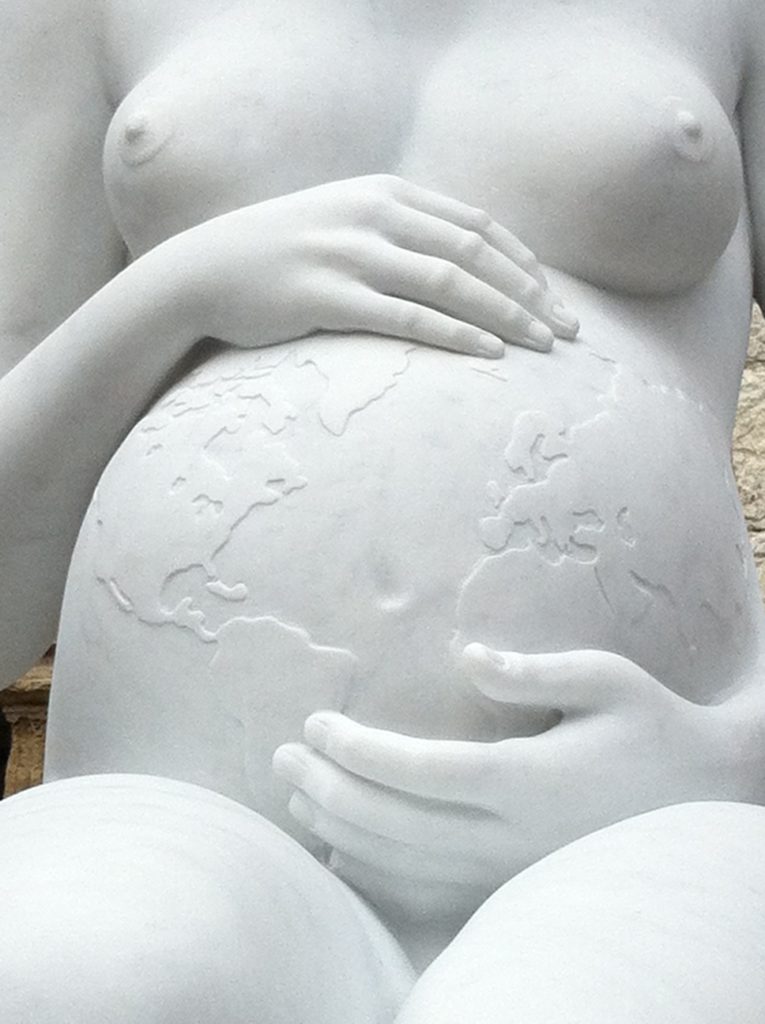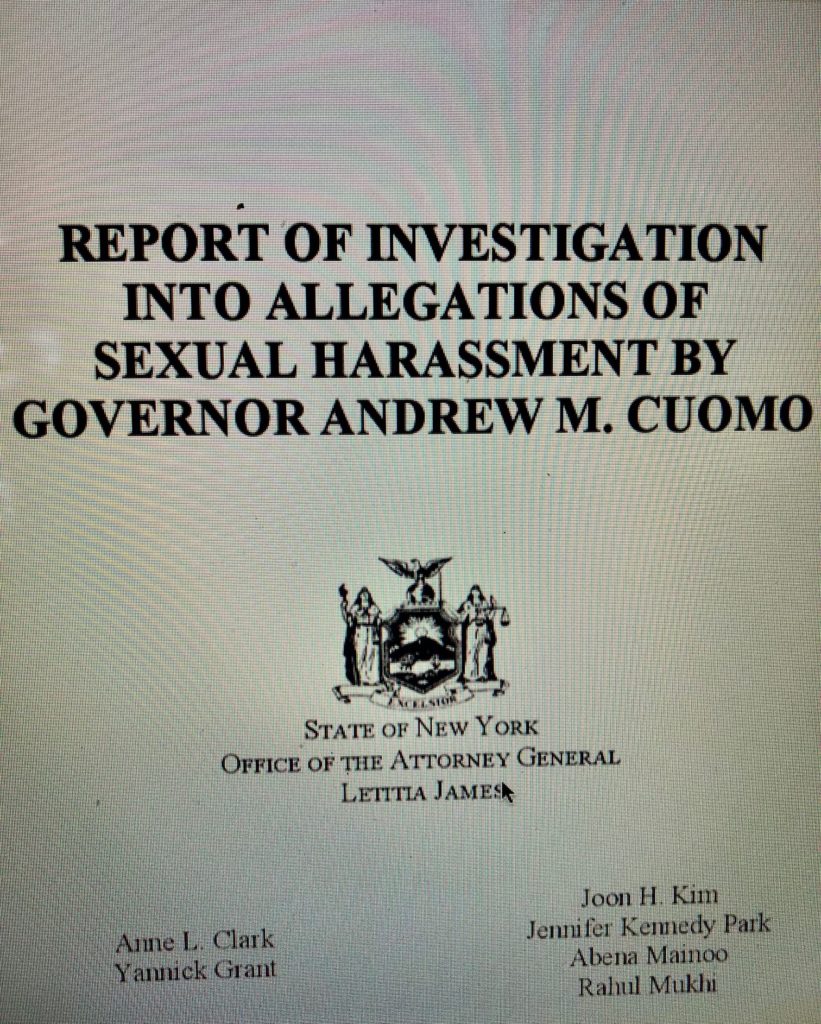
When I am at a loss for words, or reasons why things did or did not happen, I seek out solace or guidance, or both, from authors whose work has slapped me across the face, or broken my heart. One such writer is Viet Thanh Nguyen, Pulitzer Prize winning author of The Sympathizer.
During the final days of the United States 20-year War in Afghanistan, I turned to Nguyen’s book “The Refugees,” to deepen my understanding and feeling of what thousands of Afghani refugees were experiencing, desperate to escape their country now back under Taliban rule, 20 years after the True Faithful, blinded by Sharia Law, had been driven out of power, not for how they brutalized women and tortured their fellow countrymen, but for harboring terrorists who slaughtered civilians in the West.
I turned to “The Refugees,” Nguyen’s collection of vignettes of Vietnamese refugees, who fled their country after the North Vietnamese drove out American forces following an excruciating 11-year War. An eerie quote from a women, I took to be Nguyen’s mother, jumped out at me:
“If we hadn’t had a war, we’d be like the Koreans now. Saigon would be Seoul, your father alive, you married with children, me a retired housewife, not a manicurist.”
The feeling of intimate wistfulness, the power of hope, was familiar to me. Yes, it echoed my own mother’s sentiments that those of us who grew up poor in America “lived in hopes and died in despair, “ but there was something else about it that I knew.
It sent me scurrying for my copy of Nguyen’s The Sympathizer, and to a remarkable passage toward the end of his book, which, each time I read it, takes my breath away. The long paragraph runs across pages 353 and 354 of the paperback version of the book, over 40 lines, is punctuated by semi-colons, and populated heavily by a set of “ifs.” The super sentence suggests how different the world, and his character’s life, would have been, “If” only certain events had or had not happened:
“…if history’s ship had taken a different tack, if I had become an accountant…if we forgot our resentment, if we forget revenge; if we acknowledged that we are all puppets in someone else’s play, if we had not fought a war against each other; if some of us had not called ourselves nationalists or communists or capitalists or realists…”
I first read Nguyen’s haunting language during the early summer of the American Presidential campaign of 2016, and repeated the “if” sequence dozens of times during the campaign’s closing days, when I traveled around North Carolina observing Barack & Michelle Obama, and Elizabeth Warren try mightily to win that important swing state for Hillary Clinton.
I interviewed dozens of voters, entered historic African-American churches constructed since before slavery was dismantled, and listened to the rhythm of the voices of the citizens with whom I spoke, quietly warning me of the dark times to come by the cadence of their language. I composed what they said into a song reminiscent of Nguyen’s work:
“If history had taken a quicker turn toward the arc of justice, if everyone’s skin color were the same; if furniture were still being made in North Carolina’s factories, and clothing in it’s mills; if I had become an attorney or a diplomat and moved away; if my Jesus could sit down and have a beer with yours, and pick ribs clean together; if I was not frightened by the darkness of your skin and the bright, bold hope in your eyes, and if you did not resent my very existence on the same street where you lived as a sign of your own failure…”
Now, that relentless imprinting of Nguyen’s “IF” paragraph from The Sympathizer seized me again, drumming home that a few changes here or there, over the course of 20 years, might have altered, for the better, tens of thousands of Afghani and American lives. And so, I attempted to change some lives, and history, with some slight revisions of my own, following the fall of Kabul to the Taliban, and the deaths of many more Afghani civilians, and 13 more American soldiers young enough to be my grandchildren:
“They were good students, just like me. They learned their lessons well, and so have I…if I had fallen in love with the right woman, if I had been a more virtuous lover, if my mother had been less of a mother, if my father had gone to save souls in Iraq, instead of here…if we forgot resentment, if we forgot revenge, if we acknowledged that we are all puppets in someone else’s play…if the Americans hadn’t come to save us from ourselves, if we had not bought what they sold, if the Soviets had never called us comrades…if the Taliban had not been so self-righteous and unbending and so sexually repressed, like the religious fundamentalists of America, and if native Aghanis had simply said, Hell No, on first seeing the white man, if our tribes and mullahs had not clashed among themselves, if the Koran had never been written, if history had never happened, neither as farce nor as tragedy, if I had never been born, and if I saw no more of these visions, please, could you please just let me sleep?
Peace, perhaps, if only things were different.



